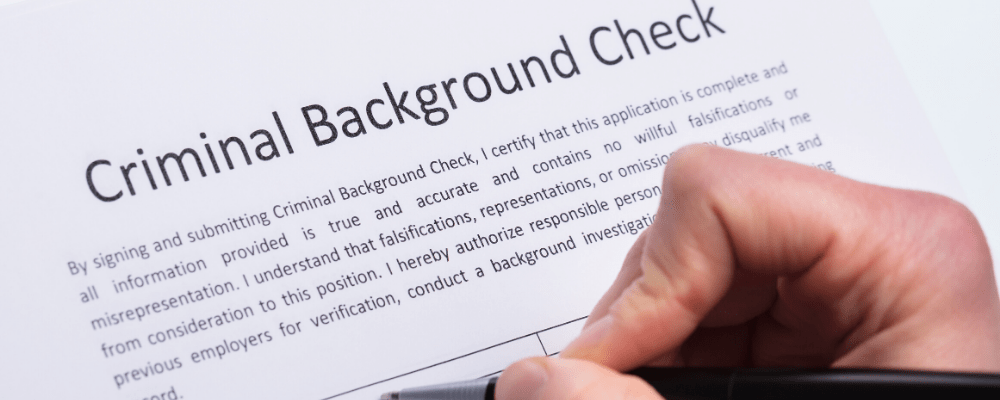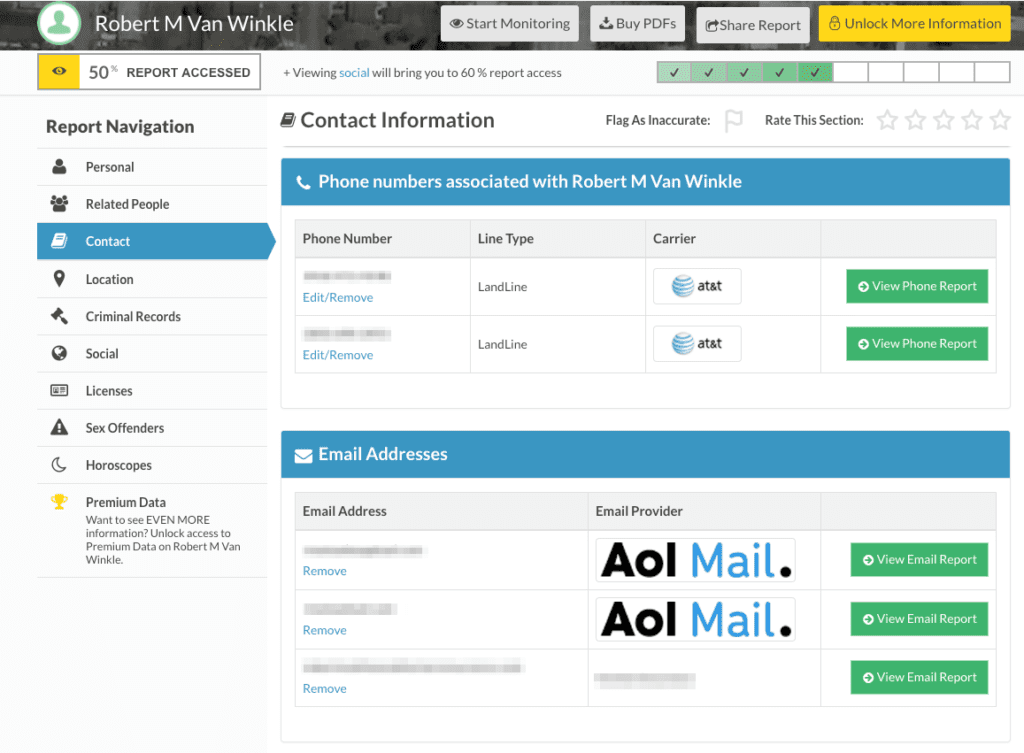Mugshot Publication: Is a mugshot publication making you look bad in Google? We can help.
We live in an age where almost everything is available online. Hence, we are now used to meeting someone new, and almost instantly typing that person’s name into a search engine to see what comes up.
It is possible, during one of those searches, that a mugshot will suddenly appear, regardless of whether or not that person has a criminal record. Today, entire websites are actually dedicated to finding these mugshots and arrest details, again without consideration of the outcome of this.
So is this legal?
Unfortunately, the law is incredibly complex. It is not illegal per se to post a mugshot. This is because all police actions are a matter of public record.
However, what is illegal is that many of these companies give people the opportunity to pay them in order to have that mugshot publication removed. Many people believe that this is a form of extortion and blackmail, and it has, in turn, given rise to legislative and court interests.
The Business of Mugshot Publication
When the police take a mugshot, this is kept for their own records. In some situations, the local police department may then place this on their website as well, albeit only for a few days.
However, in recent years, a number of commercial companies have started that trawl the internet in an effort to find arrest records and mugshots, and then post them online. In some cases, mugshots are posted and shared by data brokers, which profit from the distribution of personal data online.
All of these commercial companies claim that they are there to protect the public by empowering people to know who they are in contact with, or who lives on their block. But in reality, these companies are simply out to make money because they hope that the people who are listed on their website will pay them to have their images removed.
This can quickly become very expensive, as the mugshots and records can be listed in many different places.
Busted Newspaper has been publishing records online for years. Learn how to remove your information today!
The Emergence of Mugshot Removal Companies
Some websites aim to prove that they are ethical by removing any information for free if the person can show that they were not charged following the arrest, or were exonerated. However, they often do not provide details on exactly how they do this.
Meanwhile, the existence of these types of websites has, in turn, given rise to other commercial companies that help individuals remove arrest records online. (Read more tips on mugshot removals here.)
In a number of states, for instance in Utah, new laws have made it easier to have mugshots removed, and have made it illegal to post pictures as well. Oregon, meanwhile, makes it illegal for websites to charge people to have the information removed if the incident did not result in a conviction, was expunged, or was reduced to a violation.
Unfortunately, many of the websites that list this information are based in foreign countries, such as Pakistan or Russia, which means US law is not applicable to them.
A number of solutions have been put in place. First of all, a range of online payment gateways, including PayPal, now refuse to process payments to mugshot websites. Google, meanwhile, has changed its algorithm so that a mugshot no longer is the top result on their page.
A class-action lawsuit in Connecticut has been started by people who have had their conviction expunged, or who were not convicted at all. They claim that holding this type of information on record is classed as defamation of character, which means that an individual’s reputation is damaged as a result of false information.
The state of Florida agrees with this particular class-action lawsuit, and they are in the process of debating a bill that would force records to be updated by taking down mugshots of people who were not convicted of a crime after their arrest.
Another lawsuit focuses on the right to publicity, which is an individual right. Essentially, individuals are allowed to have full control over how their image is used commercially, preventing others from earning money from it. Lastly, some people are claiming that these websites are engaged in extortion and blackmail because they require payment in order to have negative information removed.
Unfortunately, until these cases are resolved and until federal laws are put in place across the board, companies that list mugshots, arrest information, and criminal records are not breaking the law.
This is why the best solution for dealing with a mugshot publication is to make use of companies that are dedicated to removing this type of information not just from commercial websites but also from the search results. While this does cost money, it is a lot more affordable than starting a lawsuit, particularly if the information is listed on multiple websites, or that having them individually removed by the various sites.






